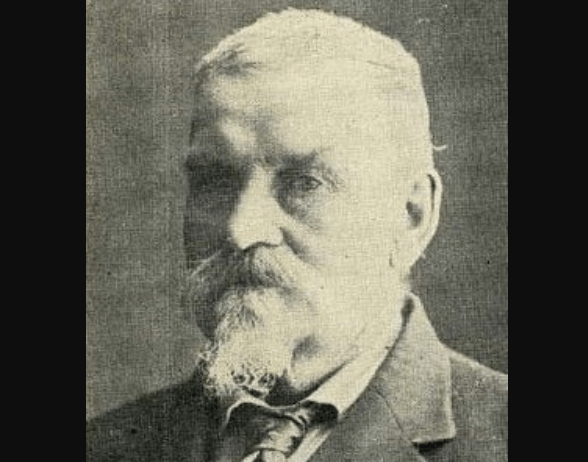Explore the life and contributions of John Austin, a British legal theorist who played a pivotal role in shaping modern jurisprudence. Born in 1790, Austin’s work, particularly “The Province of Jurisprudence Determined” (1832), laid the foundation for understanding law as a command from a powerful sovereign.

Source: wikipedia.org
John Austin; (1790-1859), British legal theorist, who was the architect of modern jurisprudence. He was born at Creeting Mill, Suffolk, on March 3, 1790. He joined the army when he was 17 but left it five years later to study law. Chronic poor health and dissatisfaction with his work forced him to abandon practice in 1825.
In 1826, Austin was appointed professor of jurisprudence at University College, London. He prepared himself for the post by studying Continental authorities for a year (1827-1828) at Bonn. Although John Stuart Mill and a few other brilliant students were profoundly influenced by Austin’s teaching, his lectures were not well attended, and in 1832 he reluctantly resigned his post. In 1833-1834 he served on a criminal law commission appointed by the government, but his intellectual scrupulousness forced him to view the project with disdain. He was happier and more effective as a member of a commission that in 1838 examined the grievances of the natives of Malta. For ten years thereafter he lived abroad and, after 1848, at Weybridge, Surrey, where he died in December 1859.
He published one major book on law—The Province of Jurisprudence Determined ( 1832 ). After his death his accomplished wife, Sarah Taylor Austin, whom he married in 1818, republished this work, adding to it the larger body of lecture material to which it was intended to be an introduction. It appeared in 1863 as Lectures on Jurisprudence. Austin’s reputation rests entirely on this slender foundation.
There were two reasons for the success of the Lectures. The author stuck single-mindedly to his theme, and his theme was appropriate and acceptable to the age in which it appeared. Austin’s thesis was that law is based on power. As he saw it, law is a command from a powerful superior, the sovereign, to a weak inferior, the subject. Its content expresses the sovereign’s desire; its authority derives from his position and power. To disobey is to render oneself liable to sanctions. In this analysis, indeterminate criteria of law such as the common good or the will of the people are abandoned in favor of hard objective phenomena.
The analysis rejected moral principles as determinants in the operation of law. International and constitutional law were swept into a limbo inhabited by laws of fashion and etiquette, the limbo of positive morality. Custom became law only when adopted by the courts.
Austin’s ideas were not entirely original. The philosophy of natural law had already been demolished by David Hume. The philosophy of positive law had been created by Austin’s friend and inspiration, Jeremy Bentham. The systematic development of jurisprudential concepts had been accomplished by Friedrich Karl von Savigny. However, Austin is deservedly credited with having been the first to make a sharp distinction between legal and moral criteria in the analysis of law.
Discussions of Austin’s theories appear in most standard textbooks on jurisprudence. His Lectures are available in several reprintings.